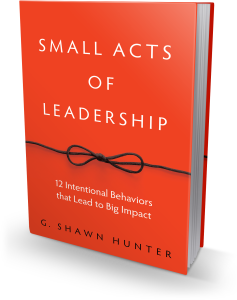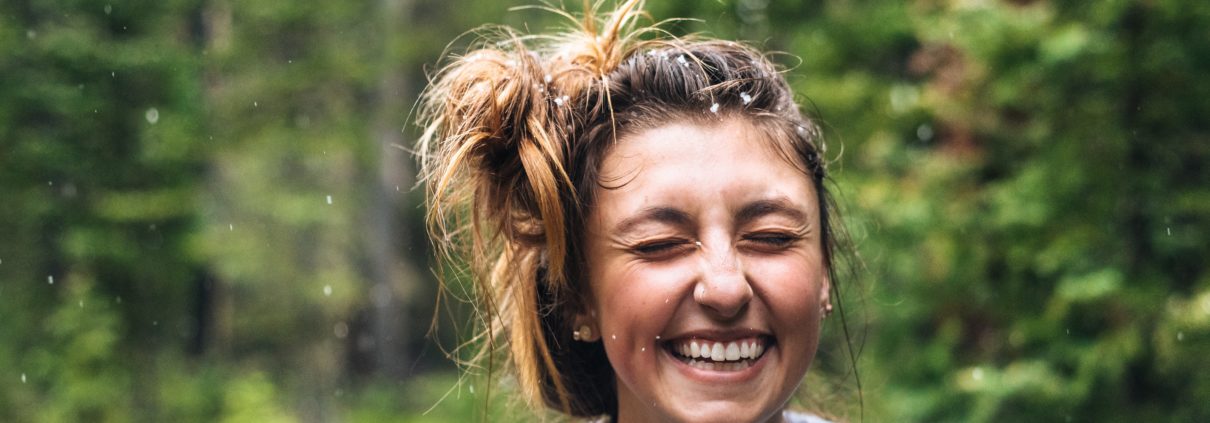Is Luck a Choice?
Rabbit’s feet, four leaf clovers, and rain during sunshine are all signs of fortune and good luck. The good luck ritual of “knocking on wood” comes from pre-christian rituals in which it was considered important to invoke the powerful and benign influence of the tree gods.
Cats throughout history have been both powerful and good (ancient Egypt), and powerful and bad (medieval England). In the 1560’s in Lincolnshire England, the story goes that a father and son chased a black cat into an alley, and then threw stones at it before it escaped to the home of a nearby woman suspected of being a witch. The next day they returned to discover the woman limping with bruised legs, presumably from the stones the night prior. Thereafter it was believed witches could transform into black cats.
When a ladder is propped up against a wall a natural triangle is formed, symbolic of the holy Trinity. To walk under the ladder would break the Trinity, and therefore bring ill fortune. Yet numerous experiments demonstrate such superstitions have no real worldly effect. (Unless of course some higher power is influencing you – just watch BF Skinner get a pigeon to turn in circles in less than 60 seconds.)
In his book The Luck Factor, Richard Wiseman describes luck in terms of choice. In his research working with more than 400 individuals, he found several key attributes of those who describe themselves as “lucky”:
- They create opportunities for uncertainty and embrace change. They are creative and curious. Wiseman has a fun game in which participants write down six activities or experiences they have not tried but would be willing to try, then roll a die and do the activity that corresponds to the outcome. This game reinforces our willingness to try something new.
- They make good decisions without consciously knowing why or how they did. Those who describe themselves as lucky make better gut decisions. Intuition-driven decision making seems impossible to control, yet Wiseman discovered those lucky decision makers actually spent more time reflecting and meditating on the decision once considered, and spent more time envisioning hypothetical circumstances in which they may have to make decisions. So when the situation arose, those who were “lucky” were actually better prepared to make a decision in the moment.
- They have dreams and ambitions that have a knack of coming true. Lucky people expect the best outcomes, despite any negative past experiences, whereas unlucky people allow past negative events to dictate future expectations. The lucky people also described their expectations of upcoming interactions with other people as generally positive. That is, they anticipate their own good fortune.
- They turn their bad fortune into good luck or opportunity. Wiseman describes two primary ways people turn bad luck into good luck. Basically they interpret the bad as “could have been much worse.” And when they reflect on past events, they spend a greater amount of time visualizing and selectively remembering the positive. In other words, the bad wasn’t all that bad, and the good was pretty great.
You too can create your own luck. People who consider themselves lucky put themselves in the position of having chance encounters that lead to interesting new possibilities and opportunities, see the upside of the experience, and harness the power of curiosity to be creative. Good luck!
Start one small act at a time. Try our course Small Acts of Leadership to build action into your life every single day.
- ____________________________________________________

Last summer, my son and I bicycled across America with two other dads and their teenagers. We published a new book about it called Chasing Dawn. I co-authored the book with my cycling companion, the artist, photographer, and wonderful human jon holloway. Buy a copy. I’ll sign it and send it to your doorstep.



